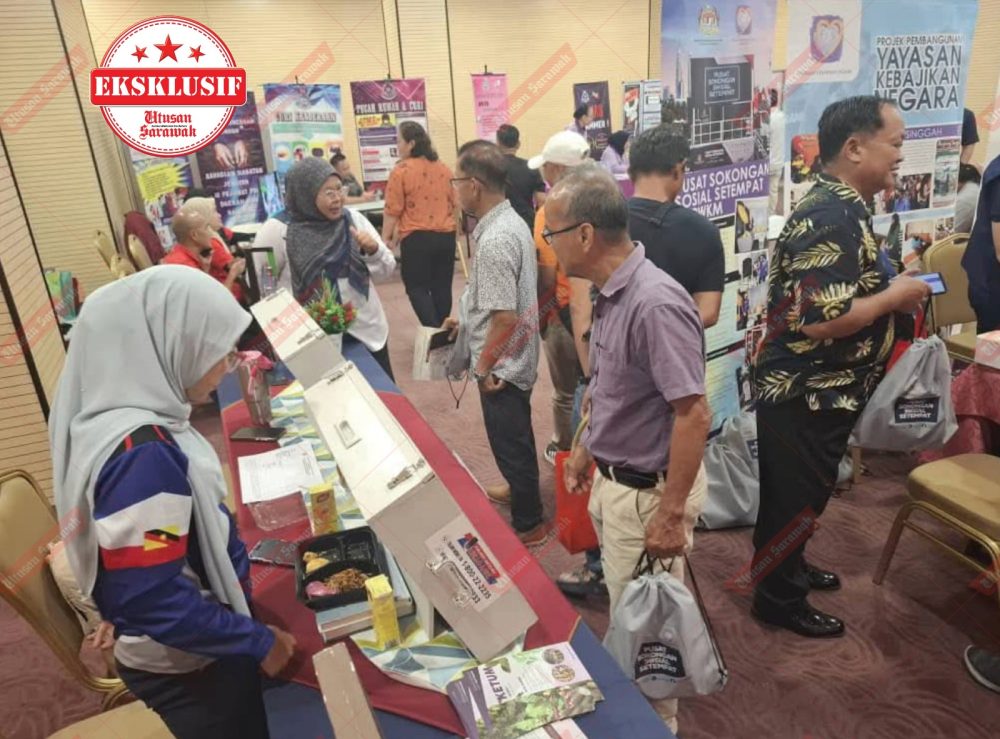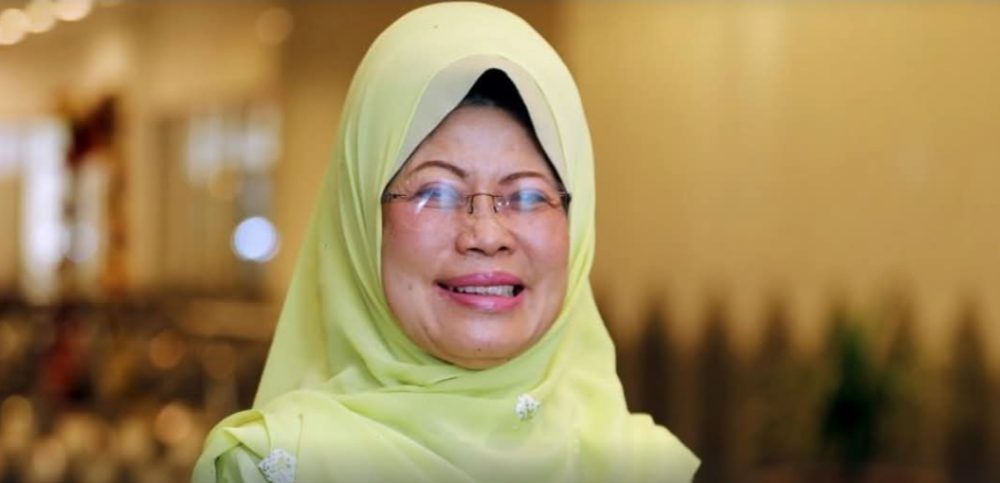
KUCHING: Every life has a path, and in Sarawak, many are still at risk of losing theirs to drugs. The situation is dire, and the threats facing our youth are real.
Without sustained effort, more young lives could be lost to the streets. Yet, through the dedication of National Anti Drugs Agency (AADK), the selfless work of volunteers, and the courage of those who have battled addiction, hope remains.

Thus, the battle must go on. Utusan Sarawak speaks with various agencies on the ongoing fight against drugs.
The drug crisis in Sarawak has reached a point where no single agency can tackle it alone. Police and rehabilitation centres remain at the forefront, but the call for action now extends to every home, school, workplace and neighbourhood.
Dato Sri Fatimah Abdullah, Minister for Women, Childhood and Community Wellbeing Development, said a collective effort will yield better results.
She believes the problem must be addressed from many sides, starting with prevention, supported by rehabilitation, and strengthened by the community.
“Families, schools, employers and community leaders all have a role to play. Everyone must share the responsibility,” she said.
Those caught using drugs are not left on their own after arrest. They remain under close monitoring by the National Anti Drugs Agency and the police for a set period. Referrals to health services and rehabilitation programmes are also made.
Currently, she said these referrals are handled manually through the SIFIR booklet, but from September a digital system will be introduced. The change is expected to speed up the process and improve data management.
Sarawak has already seen encouraging results from its rehabilitation efforts. In 2022, the rate of repeat offences at Puncak Borneo Prison was only 0.88 per cent, the lowest in the country.
For Fatimah, this shows that support and rehabilitation can change lives, especially when efforts begin early in schools and universities, where values and resilience can be nurtured.
The statistics, however, remain a concern. In 2024, there were 11,408 drug related arrests in Sarawak, with almost 80 per cent testing positive.
Between January and April this year, another 4,602 people were arrested, more than three quarters for drug use.
Of that number, 760 were aged 25 and below, a reminder of the risks facing the younger generation.
Fatimah has also urged employers to enforce clear policies against drug abuse while still giving affected workers a chance to recover.
At the grassroots level, local leaders and non governmental organisations play an important role, often being the first to reach families struggling with addiction.
Sarawak’s size poses another challenge. Fatimah said the state still needs two more rehabilitation centres in the northern and central regions to expand access to treatment.
The existing centres have proven effective, but more facilities are needed to reach those living farther away.
For Fatimah, the fight against drugs is giving the addicts’s hope and a second chance. She sees every success story as proof that with the right support, change is possible and lives can be rebuilt.
By Connie Chieng